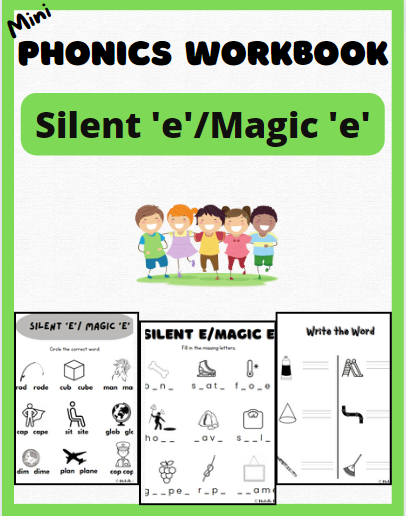Like the generations before, parenting today is still a challenge.
Like the generations before, parenting today is still a challenge.
What we have in common with the past generations is a desire to make sure our children are happy and healthy and grow into confident adults. From the day of announcing the upcoming birth, parents find their lives filled with excitement, anticipation, and worry about how they will manage this new life. Once the child arrives, parents instantly become teachers, providers, caretakers, and mentors.
Some believe good parenting involves empathy, self-esteem, honesty, and self-control. None of which is easy. Most parents agree it takes more energy and patience to sit down with a 6-year-old having a bad day than it does to solve the world’s problems.
Since children learn by observing the world around them, parent behaviors set the example and standard for a child’s actions, interests, and notions of how they approach life. Here are some parenting tips, principles, and guidelines that can help make the journey more comfortable and stressful but certainly not less eventful.

Nature has created an instinctive bonding that magically occurs between a parent and child. Parents realize they are responsible for their child’s physical, mental, and emotional health and welfare. Here’s where bonding can be a parent’s greatest gift by assuring the child’s sense of security and self-esteem.
In the beginning, when the child needs something only a parent can provide, a vocal alert that no one can ignore is sent – nature at its best. Children tend to suffer in silence as they mature, creating another dimension of worry for parents. Parents learn the signs and symptoms signaling a child’s wants and desires as a result of bonding. At the same time, bonding helps a child develop. Kids learn to read their moods and guess responses as a protective defense function.
Communication may be one of the best parenting tools for coping with all the changes that lay ahead. Children grow up so quickly, and for a parent, it’s tough to keep up with all the questions and curiosities that exist from infancy and adolescence into young adult stages. Although every child may experience similar events or life situations, no two kids are identical, and the solution that worked for one doesn’t always work for the next.
It starts with listening. Children will always have a question. The worst thing a parent can do is ignore it. Questions from younger children are straightforward. As a child grows, the questions get more complicated and sometimes embarrassing for an adult. Do your best to answer the question honestly to prevent miscommunications or misconceptions.
Start communications early to shape a child’s individuality, behaviors, and habits. It helps a child understand different rules for different situations.
As a parent, you have an image of your child. As a child, they rely on the most influential person in their life – you. Set a good example. Instill good manners, respective of others, and teach them how to feel good about themselves. Because children mimic, their thoughts will shift to hear your voice when in doubt.
When you’re exhausted from work, school, home, and life – reward yourself for being a good parent. Acknowledge that your child is happy, healthy, and growing into the person you want to be.